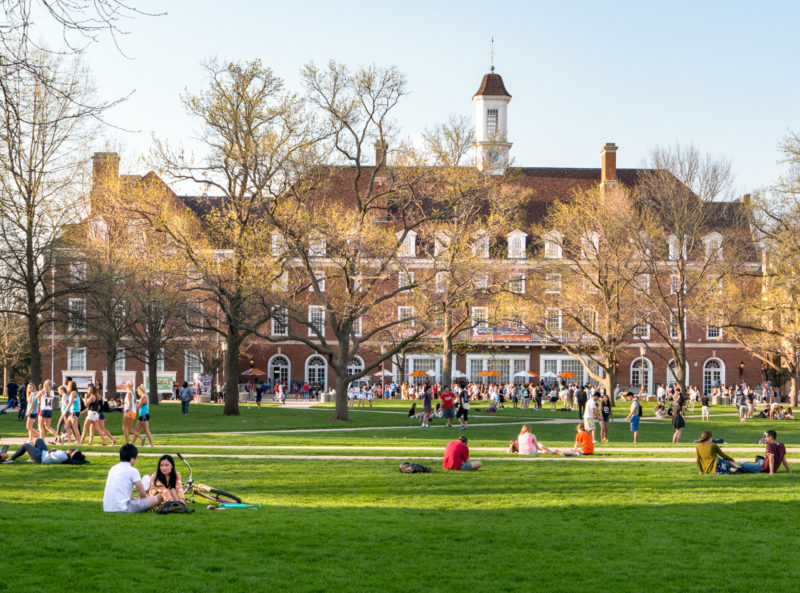London South Bank University staff are in a frenzy this week after the university announced a monumental drop in the number of undergraduate courses on offer in the upcoming academic year.
The decision to cut programs comes amid the growing uncertainty for higher education institutions as the government moves forward with plans to prioritize courses they have deemed “essential” such as nursing and technology.
Data gathered from the university admissions service, Ucas, suggests that London South Bank University will slash its number of undergraduate course offerings by two-thirds from 155 in 2021-22, to only 50 course offerings for the 2022-23 school year.
The university attempted to assuage staff and students, by assuring them that, while these statistics seem catastrophic, very little has actually changed. According to London South Bank University, only two subjects will longer be taught – History and Geography – while all other subjects will see a reduction in subject specialization.
However, LSBU’s announcement is the latest development in a troubling trend of course closures throughout the UK, most of which have primarily targeted the arts and humanities. Closures such as these are in line with the government’s post-pandemic plans to crackdown on “low-value” courses that do not create as much revenue.
Staff at UK universities are troubled by the ongoing trend as it not only threatens their jobs, but also trivializes academia and academics by evaluating their worth based on the amount of research funding they bring to the school.
Faculty members at the University of Leicester have gone as far as refusing to grade student work and encouraging prospective students to refrain from applying as a part of an international academic boycott campaign.
The University and College Union has called out LSBU vice-chancellor David Phoenix of failing to consult over course closures and have also suggested a suspension of the university’s portfolio review.
Some staff members have reported that their courses were removed from Ucas without any notice or consultation by university managers.
Another lecturer reported: “In one case a member of staff found their course had been closed because a prospective student could not find the course on the Ucas website. History has close to 60 live applications when it was pulled. Students who had been made offers had to be contacted.”
An LSBU spokesperson has tried to assuage staff and students that more courses, including vocational qualifications, will be added to Ucas soon. “A simple counting of courses is an overly simplistic and static approach to understanding what students can study and learn at LSBU. The improvements we are making will mean many subject specialisms that had previously only been available in fragmented courses will be reduced.
“For example. LSBU used to offer seven separate psychology courses but will change to one BSc (Hons) psychology course with five specialist pathways plus two new psychology apprenticeship courses.”
The spokesperson added: “History and geography were recent additions to the LSBU portfolio but have not managed to excite significant student interest in their current form. Fewer than 20 undergraduate students were enrolled across both these subject areas last year.”
Additionally, both Liverpool and Leicester Universities have assured staff that the changes to university portfolios will result in less than one percent redundancy.

